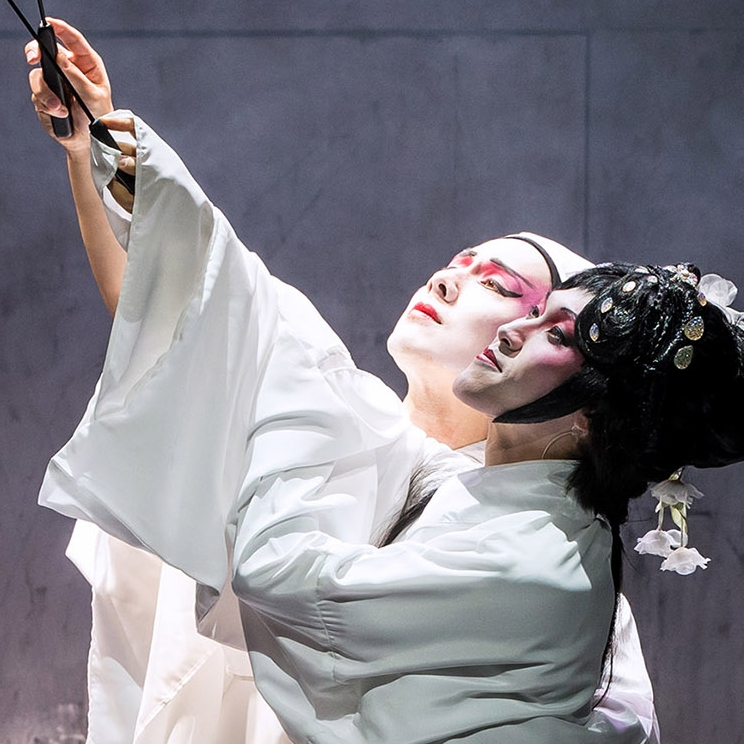
Hwang is no stranger to revising earlier works, and not just his own. Butterfly world, even more so than we were two or three years ago.”

It's like, we're kind of back living in an M.

Butterfly kind of argument and point of view. “These issues of masculinity as being defined by the ability to subjugate women have become super in the consciousness with the Harvey Weinstein stuff and certainly with our president and this sense that he seems to the way that you deal with foreign policy is to take this abrasive very toxic masculine, ‘you just have to be forceful’ ,” Hwang said. Butterfly is about a consensual relationship, but toxic masculinity is central to its identity. Hwang specifically mentioned Harvey Weinstein, but his interview with BuzzFeed News came before the allegations against Kevin Spacey and Louis C.K., among others. But many of the big-picture ideas - chief among them the conflict between East and West, and the way archaic conceptions of gender and race play into that - have been essential to the play from the moment of its inception.Īnd, of course, there’s the simple matter of timing: The play is running in the midst of a cultural tipping point, in which several high-profile men have been accused of sexual harassment and assault. Butterfly seem so timely is that Hwang, along with Taymor, were able to look at it from a modern lens. Nevertheless, the two fall in love and embark on a secret affair that conforms to Gallimard’s traditional notions of male-female relations, with Gallimard seemingly unaware of Song’s true gender identity. While he believes Song to be his “perfect woman,” Song is actually a man pretending to be a woman to spy on Gallimard. The basic story of the play is the same: Rene Gallimard (Clive Owen) is working for the French Embassy in China when he meets enigmatic opera star Song Liling (Jin Ha). “But I do think what's kind of shocking actually is the degree to which the play and a lot of the issues still feel current.” “Thirty years ago so much of the shock of the play was in its reveal about Song Liling, and that's not so shocking anymore,” Hwang told BuzzFeed News. In revisiting his seminal work, Hwang undertook a heavy rewrite, one in which Song’s gender is addressed early on - and the themes of toxic masculinity and Asian gender stereotypes are as clear as ever. That’s something playwright David Henry Hwang was well-aware of when he set about revising his play for a new production directed by Julie Taymor.


 0 kommentar(er)
0 kommentar(er)
